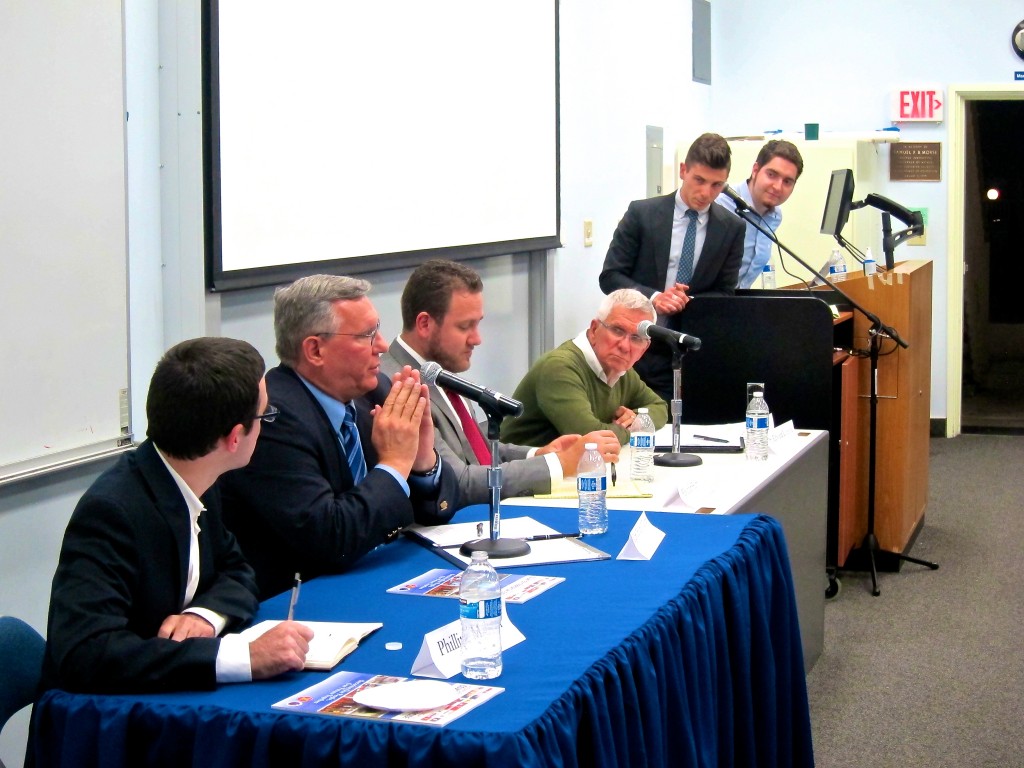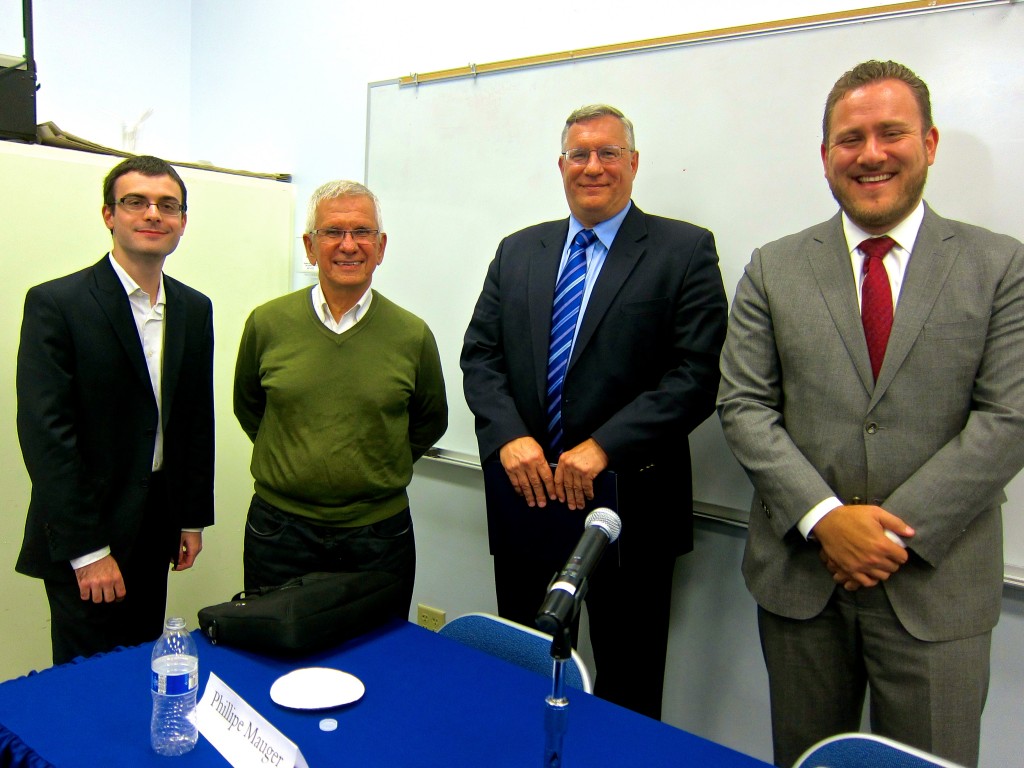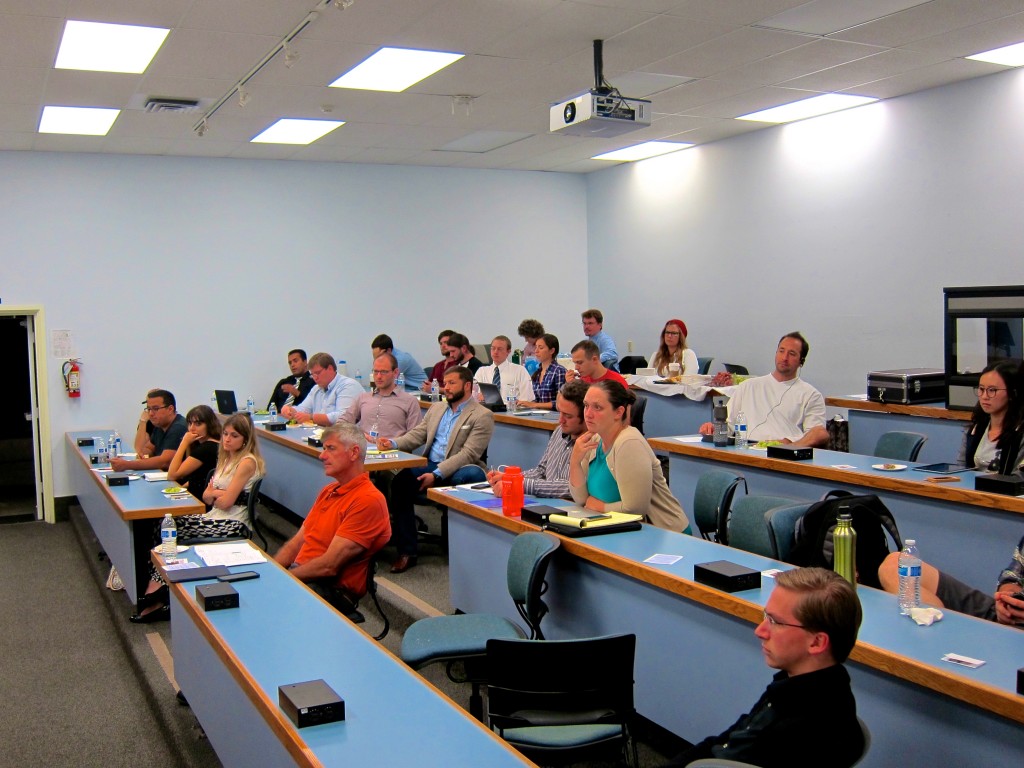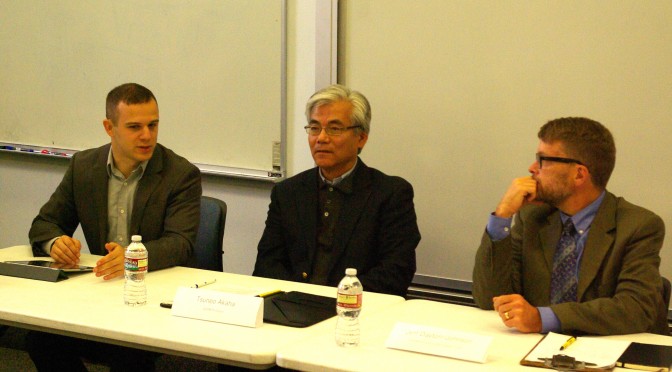The more naïve among us would like to think that the most “efficient” or most “popular” policy option is always the one that must be chosen, but many times that is not the case. Either there is no obviously efficient policy option, or there isn’t a way to accurately assess the popularity of a specific option. Worse still, very rarely does a policy option “no-brainer” comes across the desk of a mayor or governor or president. Even then, the decision maker may run into frustrating issues like that of congressional blockage on something closely resembling a “home-run” of a law or regulation. These idioms that are being tossed around here may seem infantile but the fact that there isn’t a technical term for “a policy so obvious, anything with a pulse would enact it” only reinforces the point that choosing policy options are never an easy task.
Things get even more difficult when policy options are backed not only by points of data that seem to contradict each-other, but when they are backed by a “viewpoint”. There’s a big problem in policy. It’s called different opinions. If everyone in society thought exactly the same way, policymakers would probably have five hour work weeks. With today’s technology bringing the citizen ever closer to the decision maker, policy options rarely escape the draw of popular outcry. The way we offer our internet has now become a philosophical debate, national security is now part of the privacy v. state intelligence fight, even the rights we should otherwise expect to be accessible by fellow citizens has fallen prey to the divisive nature of this debate culture in the United States.
It is a fact that this is the world we live in, where policy is not merely a game of statistics; it is a game of words and more importantly a game of sentiments. It is these “sentiments”, the emotions that people hold as justified beliefs that are applied to value judgments that skew the policy game. “Skewing” should not be taken as a negative connotation here; it merely implies that people’s sentiments are impossible to account for the same way that the expected dollar cost of a policy may be, or the time that it may reasonably take to complete a particular project. Knowing how 100% of the country is going to think and react to the suggestion of a policy option is absolutely impossible even with the polling industrial complex that exists today.
As scary as all this may sound (and actually may be), the only reason for this to cause worry in the policy world is because the dynamic is unknown to the policy professional. Knowing about the issue tends to improve the situation, as it does for most things. There is one key aspect of this matter which can help ameliorate a toxic debate or at the very least control it.
Not every sentiment is justified. This may seem clear at first but public opinion has a way of winning over reason like nothing else. Therefore, the prudent policy professional will be quick to examine the claims of each particular sentiment as it relates to one side of the policy debate in order to settle things as fast as possible. For example, in the 50’s the issue of segregation was a policy debate. In this highly simplified recapitulation, there were two sides to the debate: to desegregate or maintain the status quo. One side called upon the ethical standpoint of “equality for all”, while the other side called upon the ethical standpoint of “citizen’s privacy and choice”. Both are equally good sentiments when compared to one another. Equality is a societal necessity at this day and age; at the same time, respecting the individual choices of the individual is close to sacred in the Western world. Putting these two sentiments to battle is a losing proposition for any policy maker because to have one but exclude the other would mean the death of what it means to be a democracy. Yet, the way each sentiment is used is what makes the difference in this case. “Equality for all” was used to decrease the amount of arbitrary discrimination, whereas “citizen’s privacy and individual choice” was used to argue for the continuation of that discrimination.
Framing sentiments with their intended use instead of just their banner name is a perfectly good way of understanding exactly what these sentiments mean in terms of ethical considerations for the people backing their respective policy option. It just so happens that we cannot base ethical judgments, or policy for that matter, on the fact that we “feel” something to be pulling us on one side of the debate and not the other. Feelings or sentiments of the ethical weight of a particular policy option provide that initial reaction to a policy option, that “gut-feeling” as to what would be the ethical or right thing to do. They do not however go further than that, and sometimes can use perfectly reasonable ethical points to promote the suppression of equally pressing ethical concerns as the example provided shows. Decision makers that want to avoid that outcome should be able to break through the initial banner statement of a particular ethically founded debate corner. Doing so would force them evaluate each ethical argument beyond what it would immediately enforce and what it may unknowingly affect.





